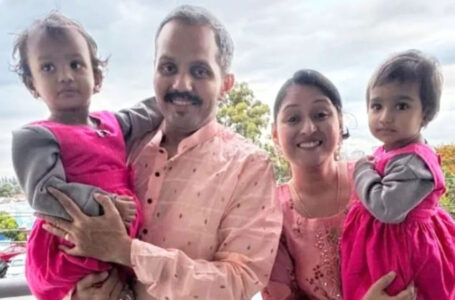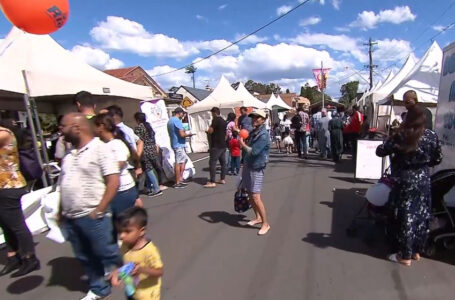Forgiveness as an Inward Journey

‘The weak can never forgive,’ said Mohandas Karamchand Gandhi. ‘Forgiveness is the attribute of the strong.’
It takes only humanity to burn with hate for someone or something. But it takes the touch of the divine to forgive it wholly, so fully and completely that you’ve torn up the note in your heart and let it drop, never to pick it up again.
Many of us have things in our past that we simply cannot let go. For some it is the physical and emotional abuse that our parents heaped on each other. In some cases we’re the victims, and when we think of our attackers we shake with fury, knowing that if we had been then what we are now, we would have gone to the extent of killing the person.
In his seminal work on Jewish concentration camps, ‘Man’s search for meaning’, psychologist Viktor Frankl says that no matter what happens to us that we cannot control, we always, always, have a choice on how to respond to the things that happen to us. This applies to torture victims, rape victims, people who have gone through long years of horrendous abuse, and also to the majority of us who have been fortunate to have escaped the big burns and yet who simmer with small fires of their own.
To say ‘I forgive’ is not to say that you’ve forgotten the depravity of what happened to you. It just means that you’ve acknowledged its presence, and you’ve learnt to breathe by its side. To say ‘I forgive’ is not to say that the morality of the person’s act has magically been reverse; it just means that you’ve grown big enough as a person to watch it as a saint, detached, and say, ‘It’s okay.’
We must do this because the only alternative to forgiveness is revenge, which has a strange, never-ending quality to it. Family and class feuds based on the emotion of revenge have carried on for centuries in various parts of the world, and nowhere has it been known to solve a problem, to make a person happy. Revenge only offers an empty, temporary solace. As Archbishop Desmon Tutu once said, ‘If I slap you in return for your slap, it doesn’t lessen the sting on my cheek.’ Gandhi himself is known to have said that an eye for an eye makes the whole world blind.
But more than anything else, forgiveness is an act of letting go. It is an act of acceptance. It is bowing to the knowledge that the perpetrator and the victim, often, are made of the same cloth. It is taking the first step from emotion to empathy, from umbrage to understanding. It is the ability to look at a person whom the world calls a monster and say, ‘There, but for the grace of God, go I.’
Forgiveness, then, is a journey, from the dark prison of anger and hate to the sunny green meadow of love, humility and joy.








